Left to right: Dr. Renuka Gupta and Dr. Judy Tung
Pivot Points
Exchange
Two women leaders at Weill Cornell Medicine whose professional paths have connected discuss the power of mentorship — for themselves and other women in academic medicine.
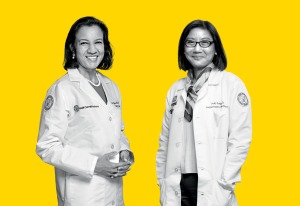
An advocate of faculty mentoring and a primary care internist, Dr. Judy Tung was appointed associate dean for faculty development in 2020. She also leads the mentorship initiative Leadership in Academic Medicine Program (LAMP). Dr. Renuka Gupta is an expert in discrimination against health care providers and has developed policies at Weill Cornell Medicine to help providers who encounter discriminatory or abusive patients. In 2020, she succeeded Dr. Tung as chief of medicine at NewYork-Presbyterian Lower Manhattan Hospital.
How their bond was forged
Dr. Gupta: I immigrated here around two decades ago from India. For the first three years, I struggled with no mentorship, no one to talk to or share with, no family, no friends around. I met Judy on the floors at Weill Cornell Medicine around 2010. She was the first person who complimented me on a fairly minor leadership task. It was really heartwarming.
Dr. Tung: I remember meeting Renuka when I was invited to co-direct the LAMP. Renuka was a participant, and I was able to observe her engagement as a young leader. Following the program, she invited me for coffee and she talked about wanting more in her career, beyond the clinical medicine she was practicing. She wanted to explore different opportunities for leadership, ways to widen her spheres of potential influence.
Dr. Gupta: It was not my intention to seek out a mentor, but it just felt good to talk to someone with whom I could relate — as a full-time practitioner, a leader and a mom.
A significant mentoring moment
Dr. Tung: In 2016, when Renuka wrote a very poignant article in Annals of Internal Medicine that described a personal experience she’d had with racism, she was suddenly thrust into the spotlight. We discussed how this could be her new scholarship niche or offer her new roles in the organization related to her budding expertise in this area. There were many potential paths unfolding in front of her, and it was an honor for me to be a sounding board as she explored those options.
Dr. Gupta: That article was a turning point for me. Since then, I have given talks all around the country, and I’ve taken on a mentor role by opening up a forum for women in health care at NewYork-Presbyterian Lower Manhattan. This forum includes not only physicians, but any woman at LMH who touches a patient — whether it is a social worker, a security person, etc. We get together every three months to share ideas and create a network of support to grow professionally and also personally. We invite women leaders from our own institution to share their journey, so women can see that everyone has ups and downs. And Judy has been in that group. I think it’s really good for us to see our own women leaders grow and be an inspiration to us. If I can help one or two women, I’ll be happy.
On mentoring and its benefits
Dr. Tung: I think mentoring as a construct is deeply personal. Ask 10 people what mentoring means to them and you will get 10 different definitions. In my role as associate dean of faculty development, I have had the opportunity to think deeply and talk to many faculty about mentoring and I believe that there are three essential elements: it should be longitudinal, structured, and for the benefit of the mentee. I think that my relationship with Renuka has been a little bit of each. But because we’re also peers, the advisement and the benefit is often bidirectional; she will invite me to share with her the challenges that I’m facing. Our relationship is a little bit of mentor-mentee, a little bit of mentee-mentor, a whole lot of respected colleagues, and a little bit of friendship as well.
What they’ve learned from each other
Dr. Gupta: One thing I’ve learned from Judy is to be patient. I’m a person who wants things like this [snaps fingers]. With Judy I have learned, take it slowly. She is also just so darned diplomatic. I don’t know how she does it. But I really wish I could get that under my belt.
Dr. Tung: One thing I’ve learned from Renuka is to not be afraid to state your ambition. It’s always very clear to me when she’s itching to do something bigger, newer and bolder. And I love that about her. Also, she is unafraid to make connections with senior power — to seek the counsel of all of those individuals to get a variety of perspectives to inform her next steps. She breaks barriers, and she aligns herself with sponsors in a really beautiful way.
Fall 2022 Front to Back
-
From the Dean
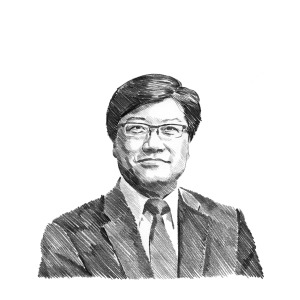
A Message from the Dean
As an academic medical center, our tripartite mission is what drives us forward: we thrive on providing world-class care to our patients, making groundbreaking discoveries that are changing the future of medicine, and teaching the health care leaders of tomorrow. -
Features
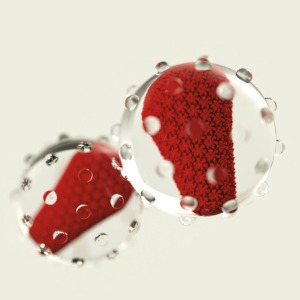
The Search for a Cure
Weill Cornell Medicine scientists aim to liberate those living with HIV by subduing the virus for good. -
Features
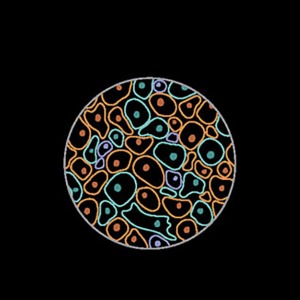
Evasive Action
Could interrupting the evolutionary process of mutating cells hold the key to vanquishing cancer? Researchers led by Dr. Dan Landau are on the case. -
Features

New Frame of Mind
Psychiatrist and neuroscientist Dr. Conor Liston (M.D. ’08, Ph.D.) and his team are poised to upend the way mental health disorders are diagnosed and treated. -
Notable
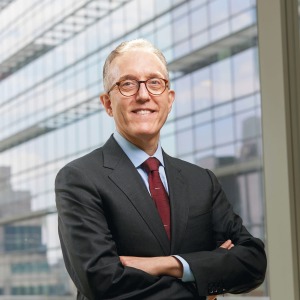
New Cancer Director
Internationally acclaimed medical oncologist Dr. Jedd Wolchok, whose innovations in immunotherapy revolutionized melanoma treatment, was recently recruited as the Meyer Director of the Sandra and Edward Meyer Cancer Center at Weill Cornell Medicine. -
Notable

3 Questions
Dr. Jay Varma, director of the new Center for Pandemic Prevention and Response, explains why an interdisciplinary approach is critical. -
Notable

Overheard
Weill Cornell Medicine faculty members are leading the conversation about important health issues across the country and around the world. -
Notable

Notable News Briefs
Faculty appointments, honors, awards and more — from around campus and beyond. -
Notable

Dateline
In the global scientific effort to understand vaccine and natural immunity to SARS-CoV-2, Weill Cornell Medicine’s location in Qatar, a country of only a few million people, has been making an outsized contribution. -
Grand Rounds

Chiari Malformation
When is Surgery Necessary? -
Grand Rounds

3 Questions
Dr. Susan Loeb-Zeitlin, who worked with a multidisciplinary team to launch the new Women’s Midlife Program, shares insights about making menopause manageable. -
Grand Rounds
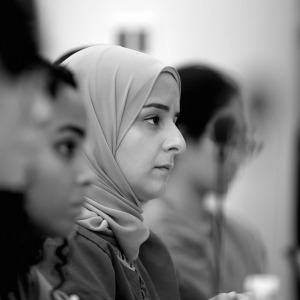
Social Impediments to Health
The murder of George Floyd and the resulting national reckoning on race, along with the disproportionate impact of COVID-19 on communities of color, galvanized creation of the Anti-Racism Curriculum Committee at Weill Cornell Medicine. -
Grand Rounds

Grand Rounds News Briefs
The latest on teaching, learning and patient-centered care. -
Discovery

COVID-19 and Diabetes
Basic science and clinical investigations converge to offer answers. -
Discovery

Development of Schizophrenia
Multiple changes in brain cells during the first month of embryonic development may contribute to schizophrenia later in life. -
Discovery

Findings
The latest advances in faculty research, published in the world’s leading journals. -
Alumni
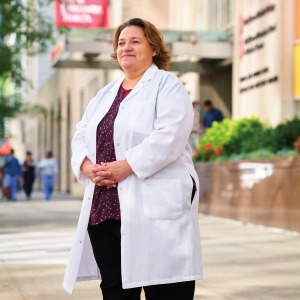
Profiles
From taking the lead in newborn medicine to forging critical connections to move research from the bench to the bedside, our alumni are making an impact. -
Alumni
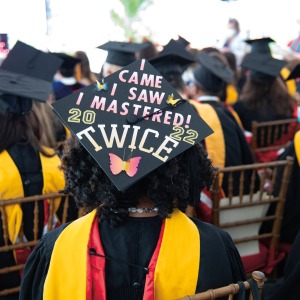
Notes
What’s new with you?
Keep your classmates up to date on all your latest achievements with an Alumni Note. -
Alumni

In Memoriam
Marking the passing of our faculty and alumni. -
Alumni
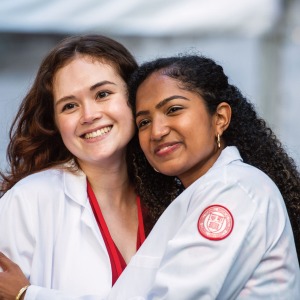
Moments
Marking celebratory events in the lives of our students, including Match Day, the White Coat Ceremony and Graduation. -
Second Opinion
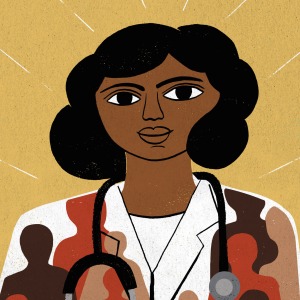
A New Lens
What’s one way that medical education must change to better address health inequities? -
Exchange
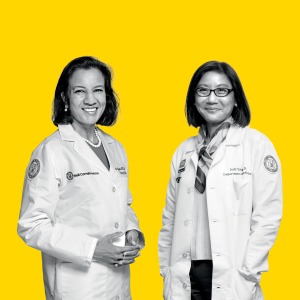
Pivot Points
Two women leaders at Weill Cornell Medicine whose professional paths have connected discuss the power of mentorship — for themselves and other women in academic medicine. -
Muse
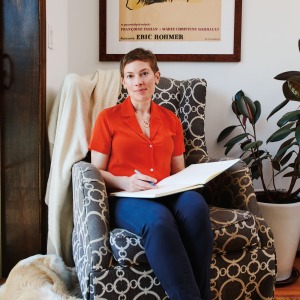
Two Forms of Truth
Dr. Laura Kolbe, whose poetry has garnered notable honors, talks candidly about how her writing helps her build a bridge to her work as a clinician. -
Spotlight

Building Connections
Dr. Kathleen Foley (M.D. ’69) has been bringing people together throughout her expansive career as a specialist in pain management and palliative care for cancer patients.